Aston Martin creates reversible electric classic cars
The 1970 DB6 Volante previews the British marque’s battery technology
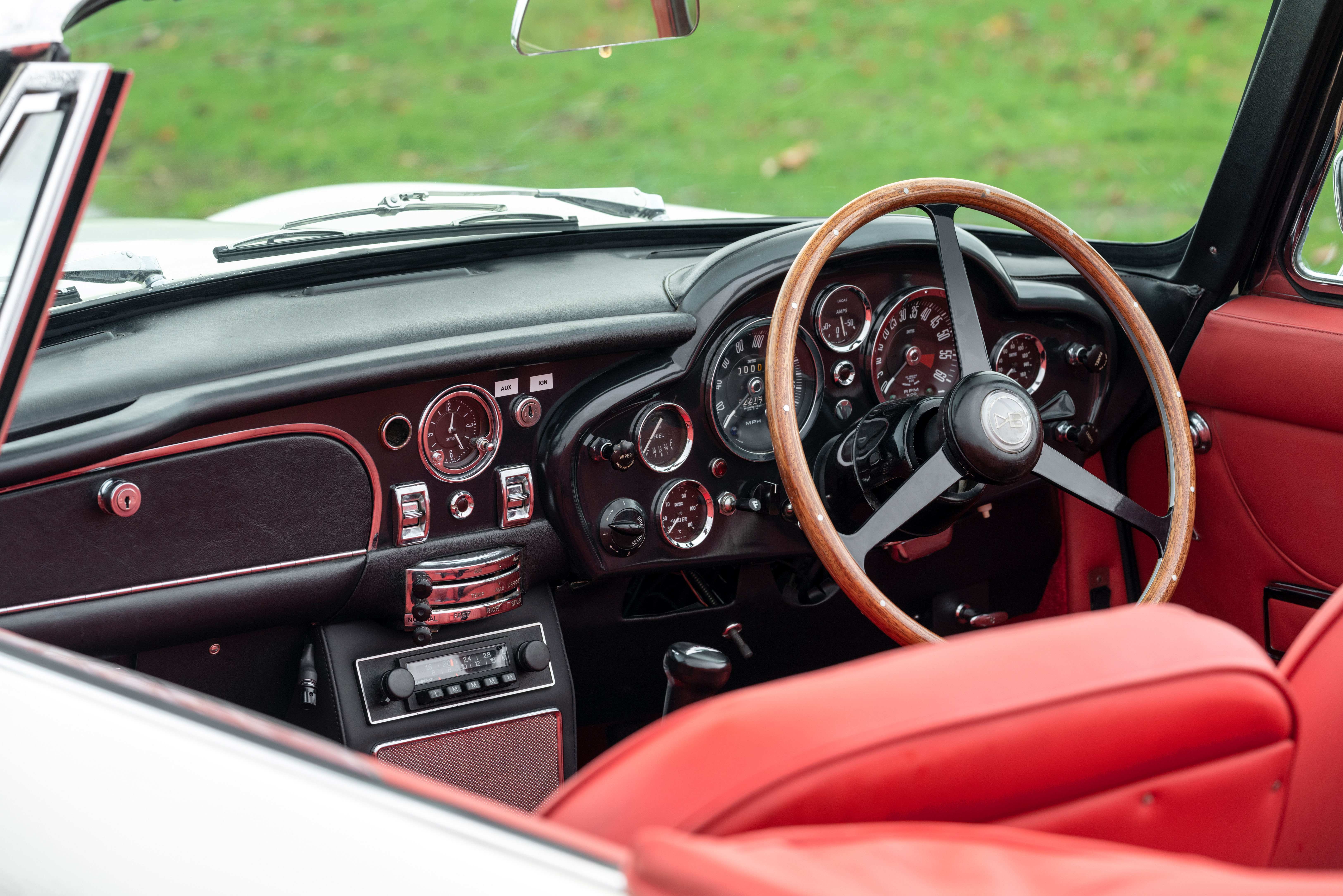
A free daily email with the biggest news stories of the day – and the best features from TheWeek.com
You are now subscribed
Your newsletter sign-up was successful
The electric car seems to be on a path to world domination and this has some classic car owners worried.
While many of the machines of the 1960s and ’70s boast timeless designs penned by Italian coach builders, their noisy, high-polluting engines simply don’t meet the standards of today’s emission-restricted petrol motors and EVs.
But instead of consigning its classic cars to the history books, Aston Martin has unveiled plans to bring its heritage models up to date. These newly-converted cars will retain the iconic aesthetics of old.
The Week
Escape your echo chamber. Get the facts behind the news, plus analysis from multiple perspectives.

Sign up for The Week's Free Newsletters
From our morning news briefing to a weekly Good News Newsletter, get the best of The Week delivered directly to your inbox.
From our morning news briefing to a weekly Good News Newsletter, get the best of The Week delivered directly to your inbox.
“We are very aware of the environmental and social pressures that threaten to restrict the use of classic cars in the years to come”, says company chief Andy Palmer.
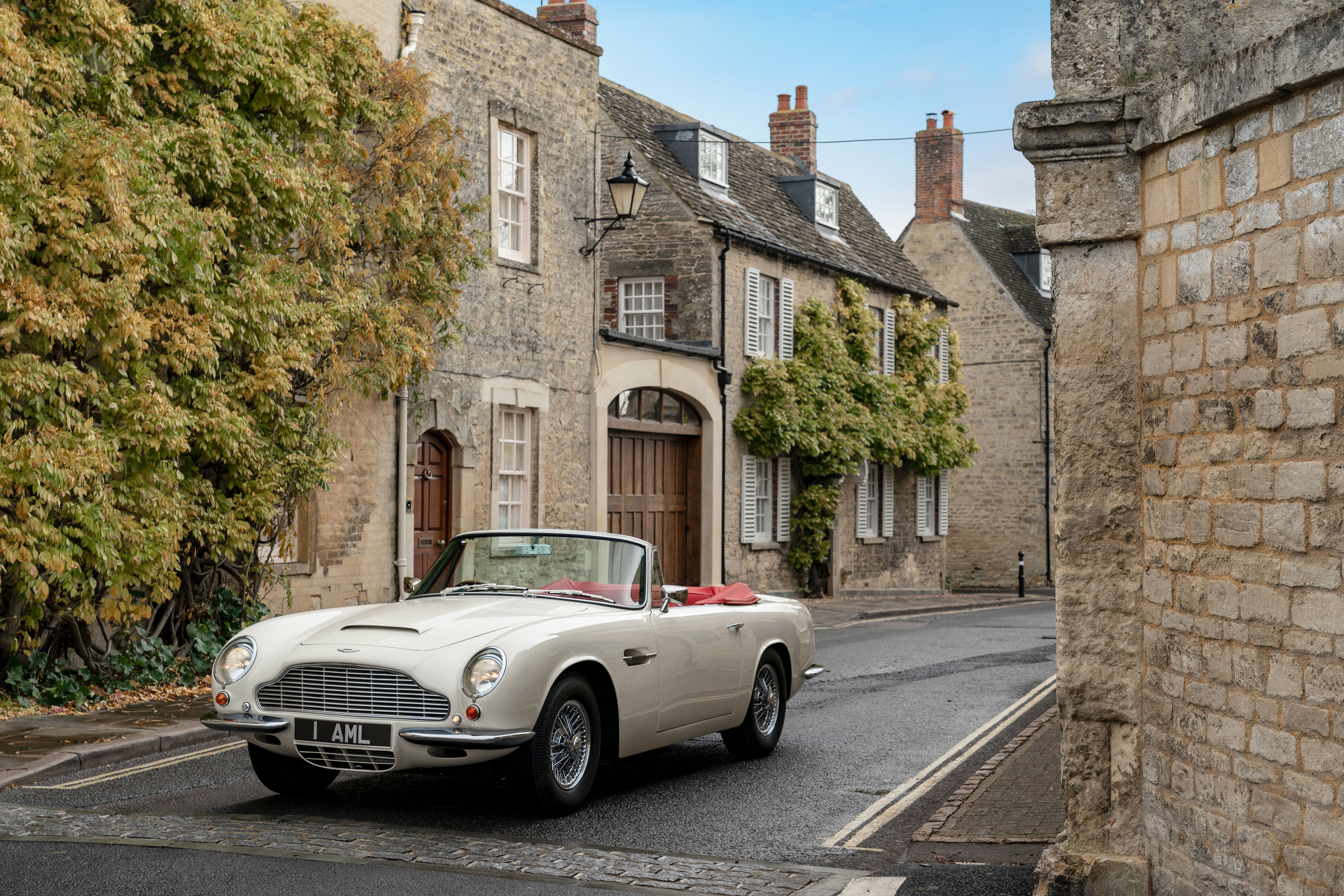
The company’s plan is to mitigate any future legislation by replacing the engines in its heritage models with electric motors and batteries.
Using technology derived from Aston Martin’s yet-to-be-released RapidE electric car, the British carmaker will swap the original motors of donor vehicles with battery electric systems.
Aston Martin refers to the technology as a “cassette” powertrain because the electric motor is enclosed in its own shell and this doesn’t affect the car’s original gearbox or electrical system.
A free daily email with the biggest news stories of the day – and the best features from TheWeek.com
But the company is well aware that the engine is often seen as the heart and soul of any classic machine. Therefore the process is designed to be completely reversible.
The electric motor and battery system sits on top of the car’s original engine. This means customers can ask Aston Martin to temporarily remove the electric cassette system for concours d’elegance events and historic motor races.
Aston Martin has demonstrated the technique using a DB6 MKII Volante from 1970, which looks almost indistinguishable from a conventional combustion-engine powered alternative.
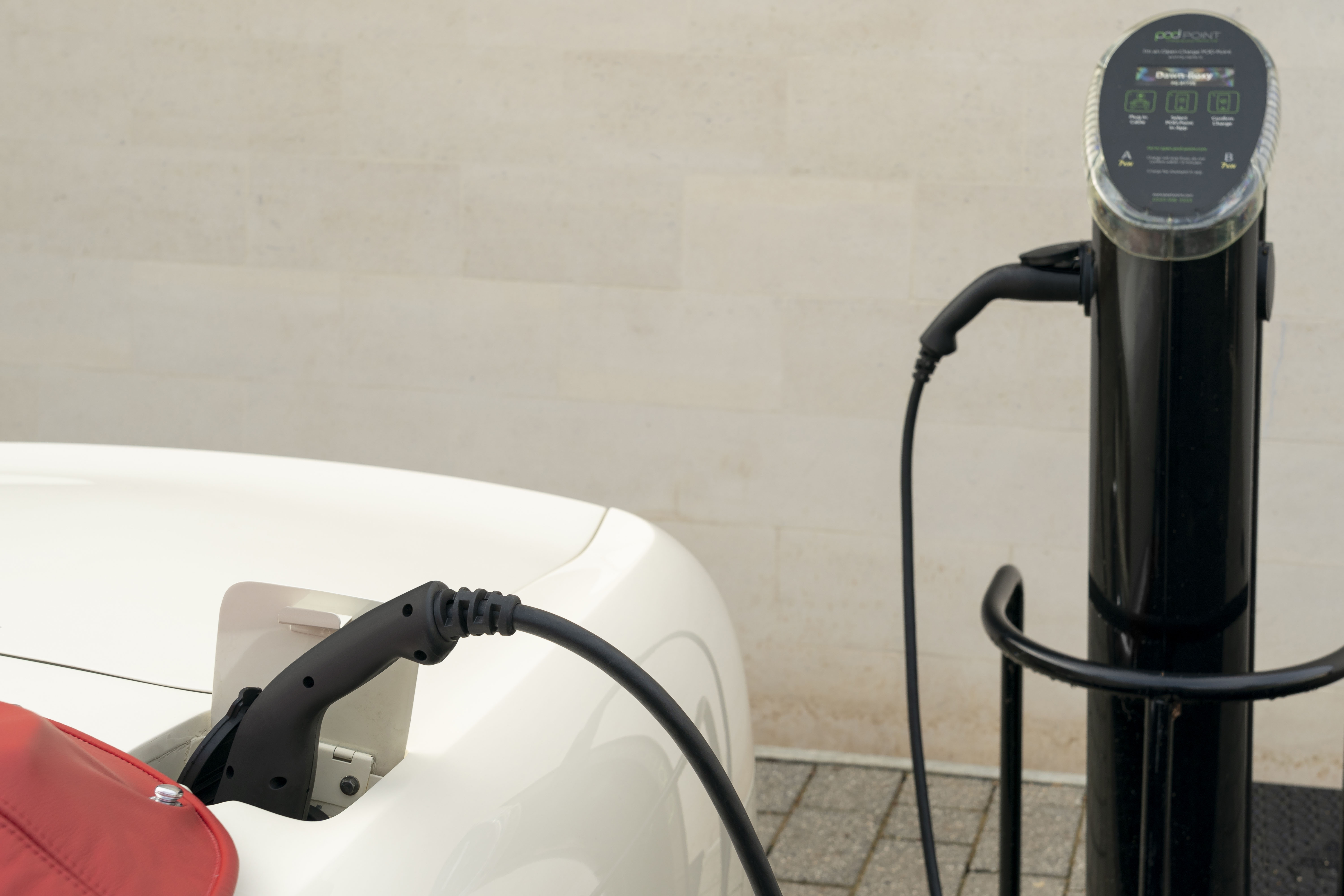
Only the charging port above the rear wheels, along with the power management display discreetly installed in the cabin, are different.
Paul Spires, head of Aston Martin Works, the division that carries out the battery modifications, said: “Driving a classic Aston Martin on pure EV power is a unique experience and one that will no doubt be extremely attractive to many owners, especially those who live in city centres”.
He added: “We also foresee collectors adding another dimension to their collection by commissioning EV-converted heritage cars”.
There’s no word on how much the battery system will cost. Given that classic Aston Martins can sell for millions of pounds, the process is unlikely to be an inexpensive one.
-
 What are the best investments for beginners?
What are the best investments for beginners?The Explainer Stocks and ETFs and bonds, oh my
-
 What to know before filing your own taxes for the first time
What to know before filing your own taxes for the first timethe explainer Tackle this financial milestone with confidence
-
 The biggest box office flops of the 21st century
The biggest box office flops of the 21st centuryin depth Unnecessary remakes and turgid, expensive CGI-fests highlight this list of these most notorious box-office losers
-
 BMW iX3: a ‘revolution’ for the German car brand
BMW iX3: a ‘revolution’ for the German car brandThe Week Recommends The electric SUV promises a ‘great balance between ride comfort and driving fun’
-
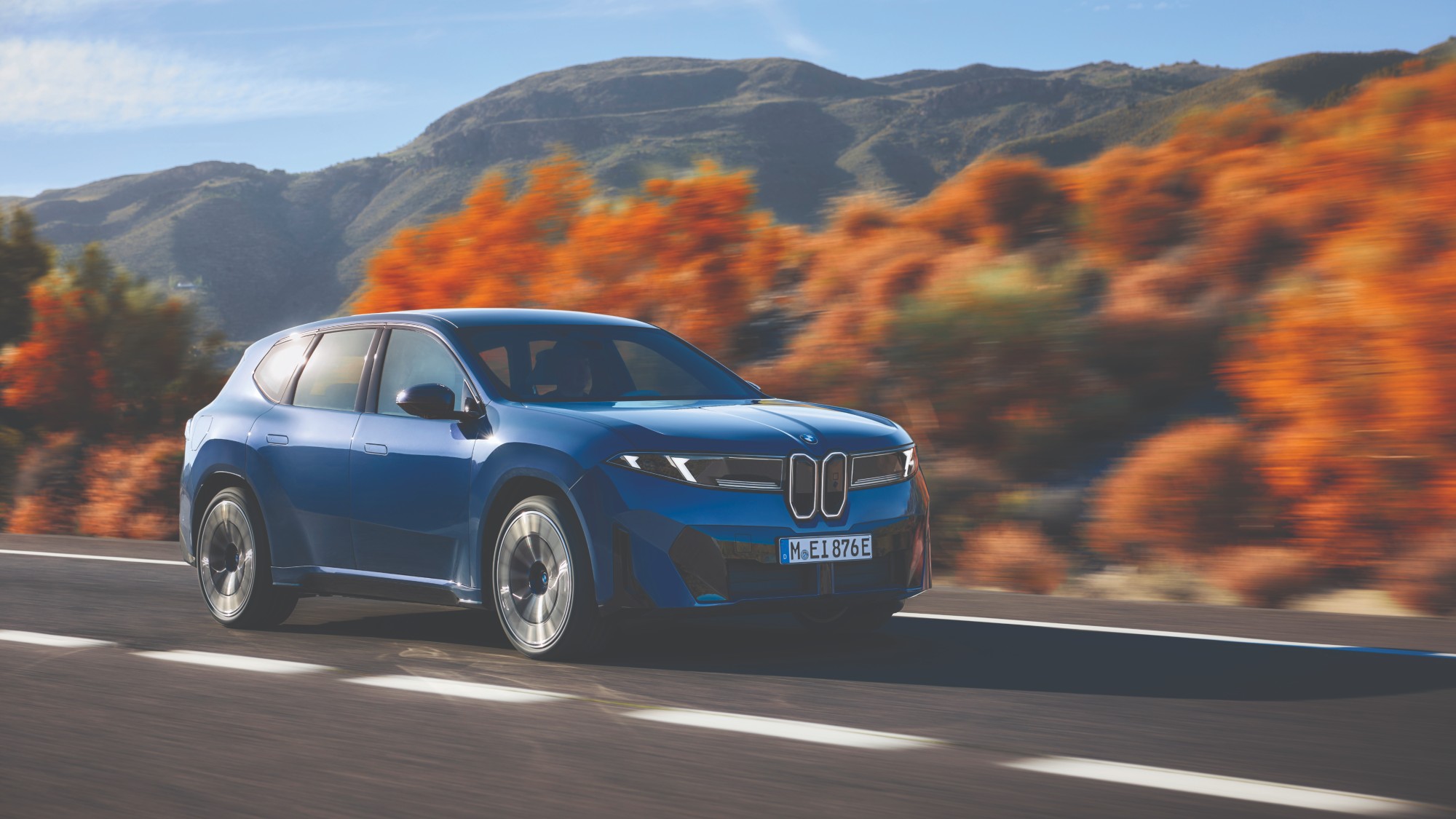 The best new cars for 2026
The best new cars for 2026The Week Recommends From SUVs to swish electrics, see what this year has to offer on the roads
-
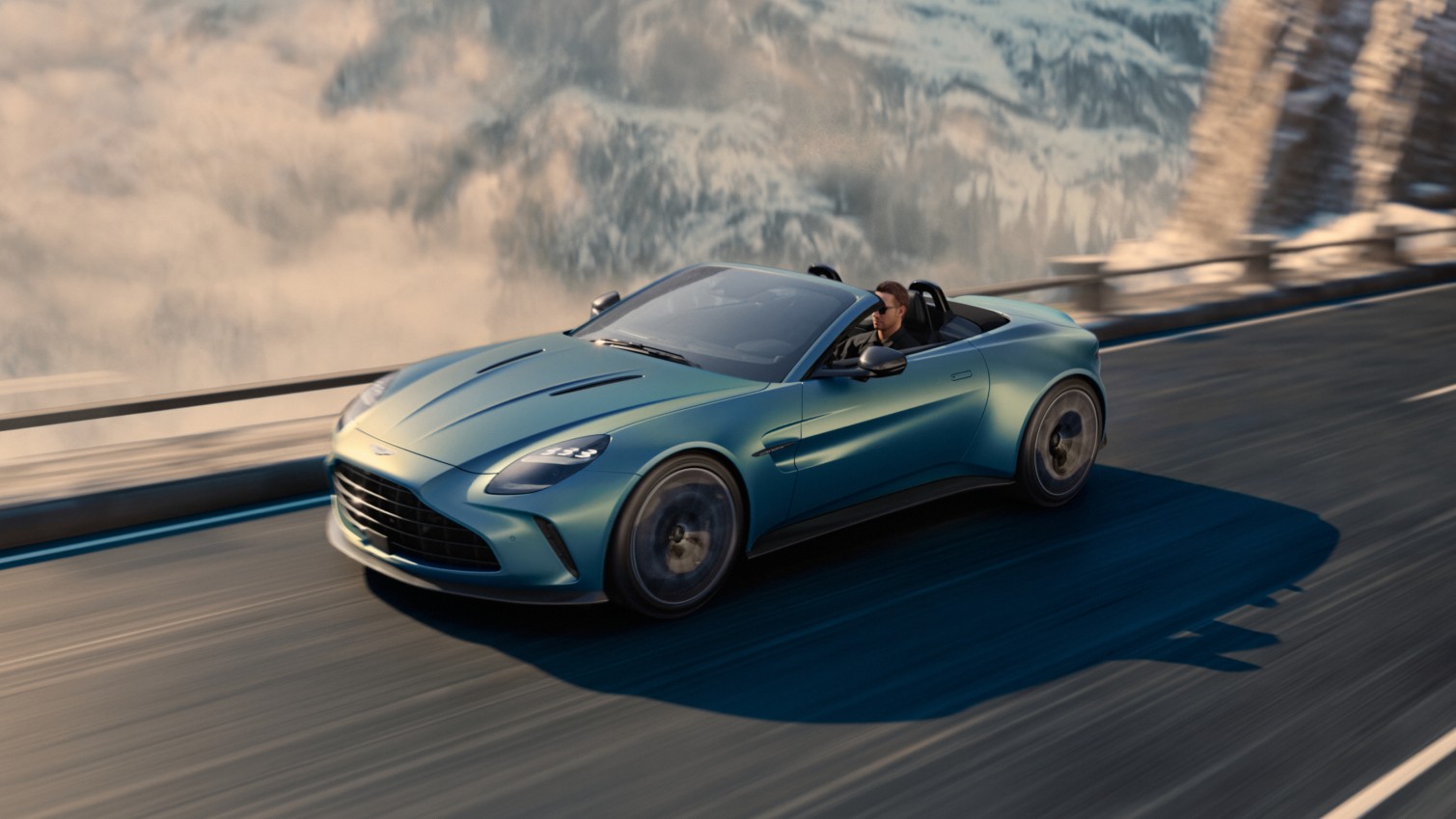 Aston Martin Vantage Roadster: 'a rare treat indeed'
Aston Martin Vantage Roadster: 'a rare treat indeed'The Week Recommends The Roadster version of Aston Martin's new Vantage coupé makes even 'the most mundane journey feel special'
-
 Are plug-in hybrids better for America's climate goals?
Are plug-in hybrids better for America's climate goals?Talking Points The car industry considers a 'slower, but more plausible path' to reducing emissions
-
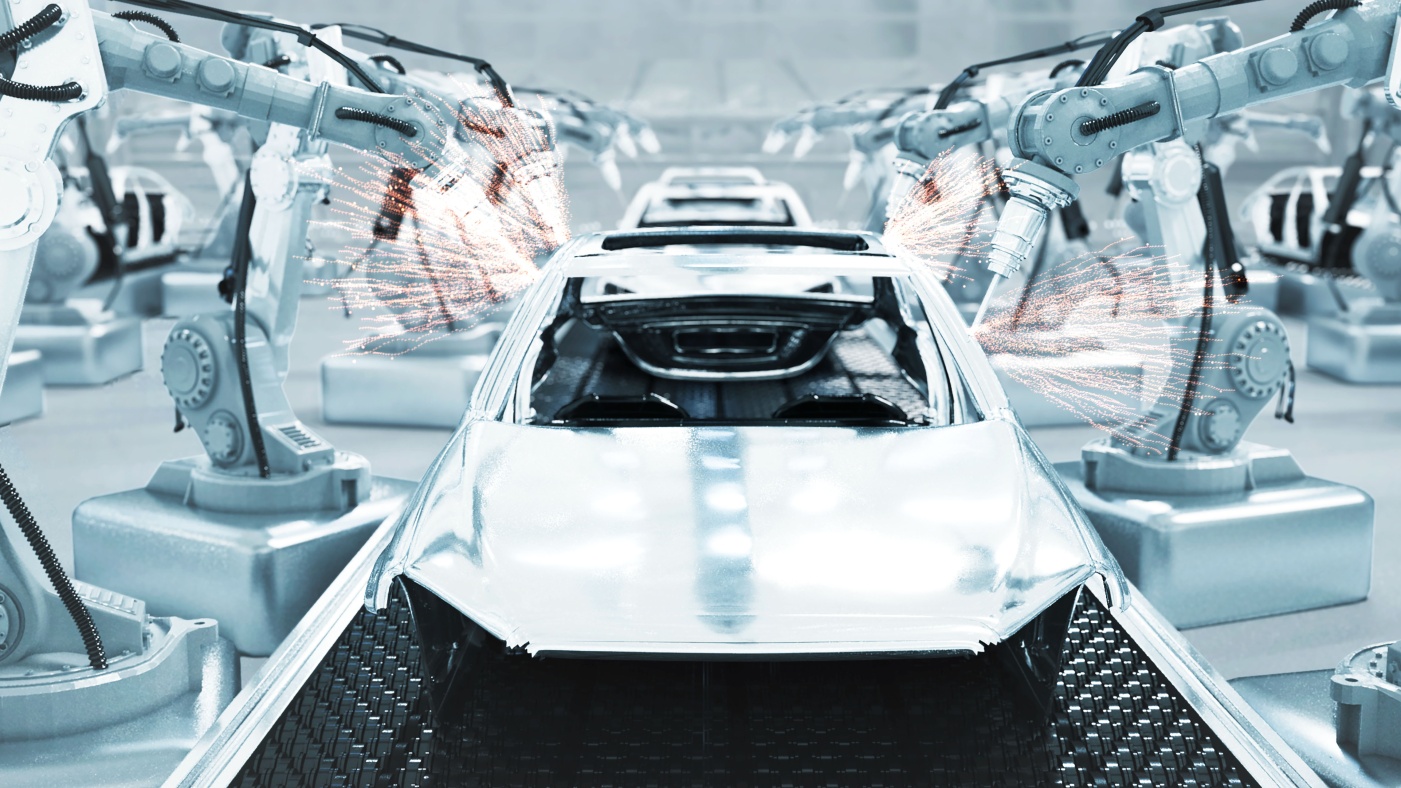 EV market slowdown: a bump in the road for Tesla?
EV market slowdown: a bump in the road for Tesla?Talking Points The electric vehicle market has stalled – with worrying consequences for carmakers
-
 The week's good news: Dec. 14, 2023
The week's good news: Dec. 14, 2023Feature It wasn't all bad!
-
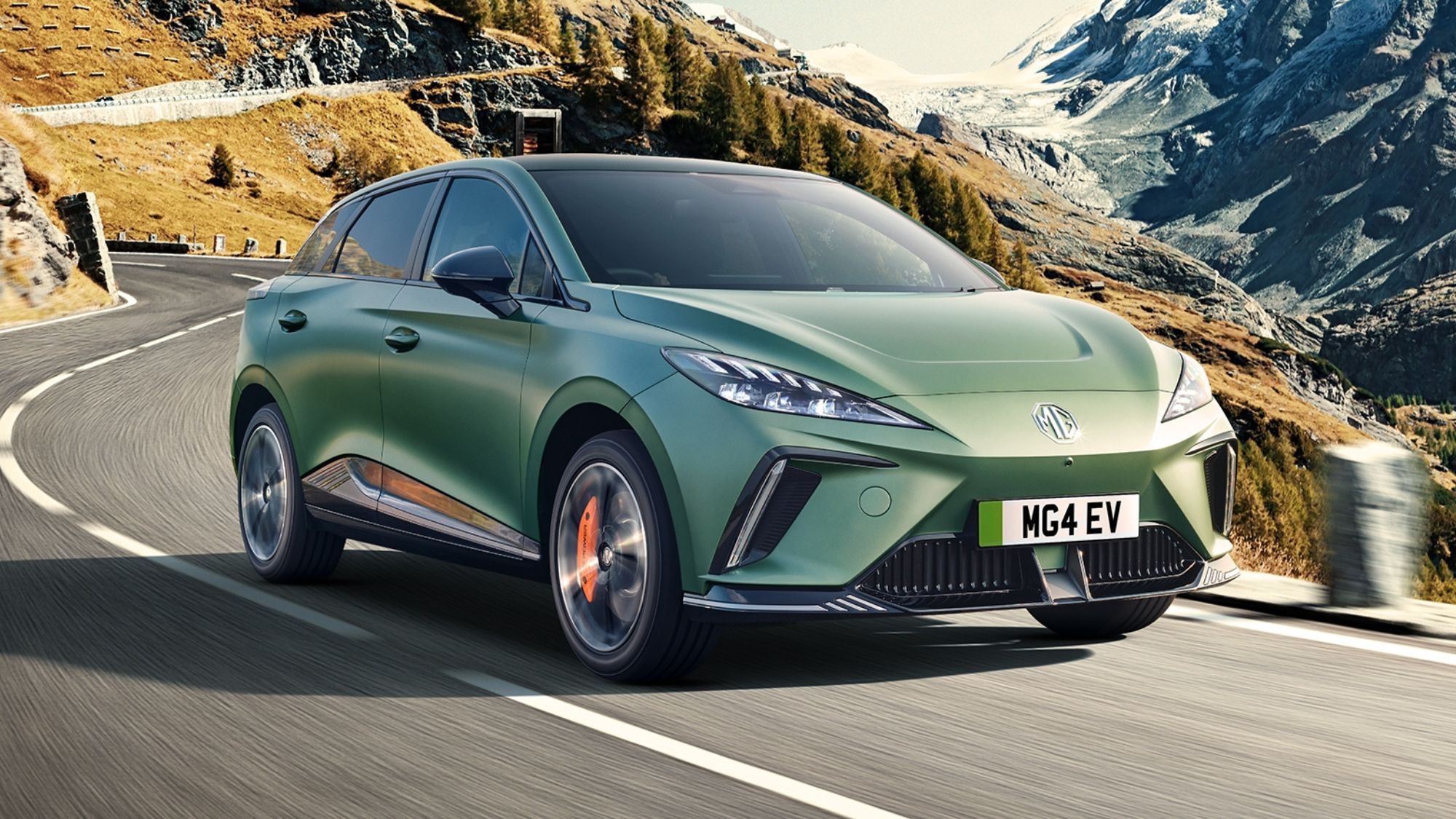 MG4 EV XPower review: what the car critics say
MG4 EV XPower review: what the car critics sayFeature The XPower just 'isn't as much fun' as a regular MG4
-
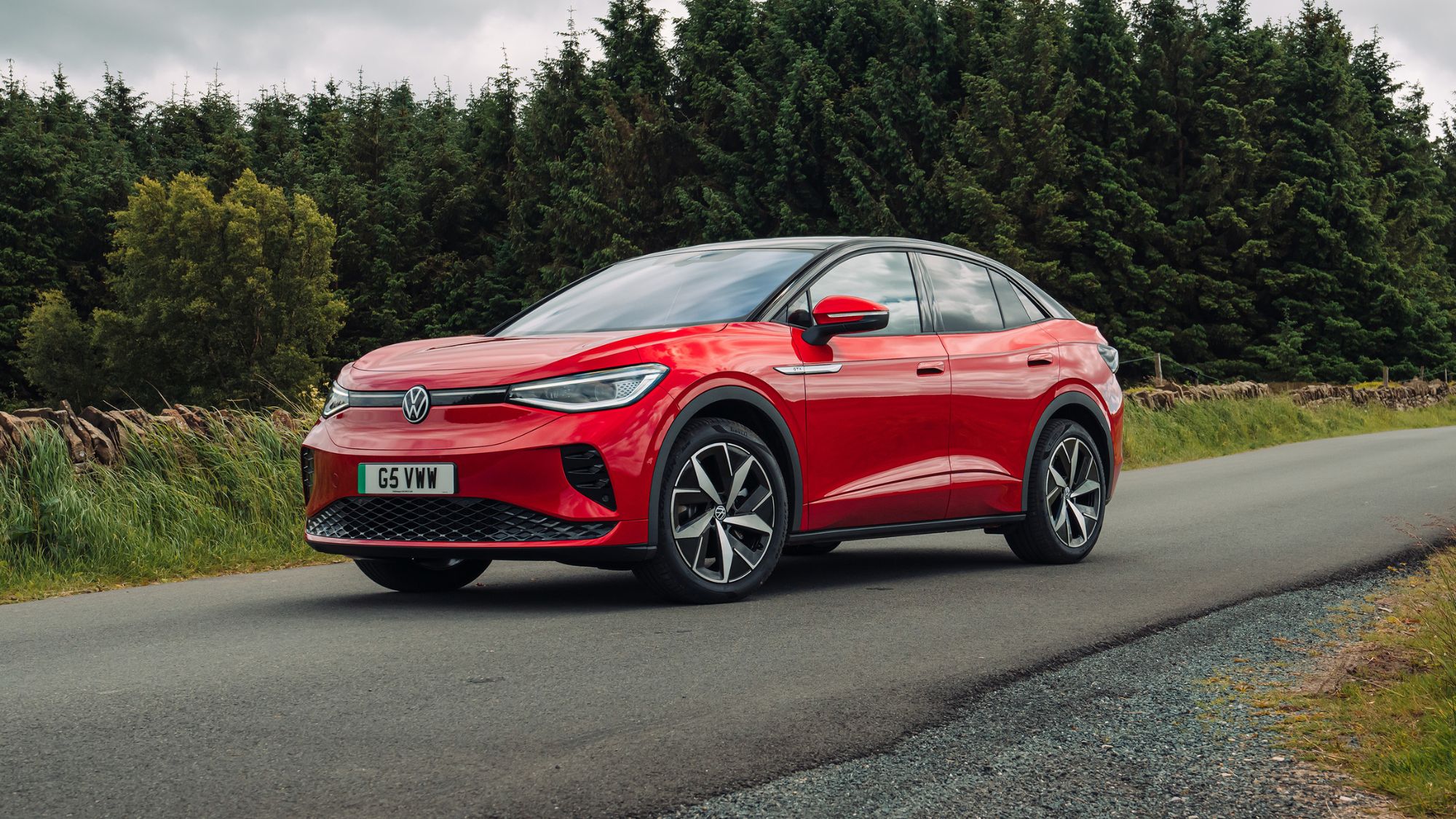 Volkswagen ID.5 review: what the car critics say
Volkswagen ID.5 review: what the car critics sayFeature The ID.4's 'sportier, more stylish twin' – but 'don't believe the hype'